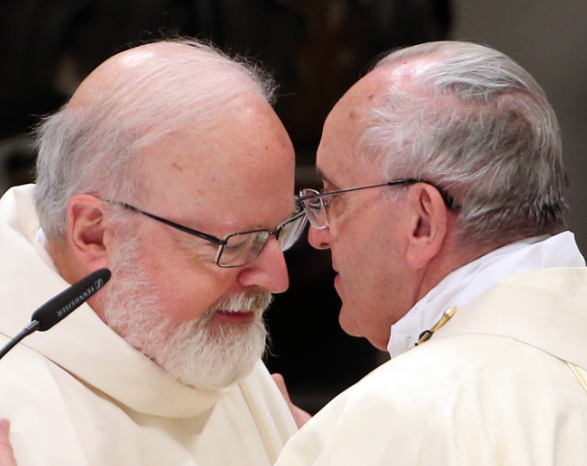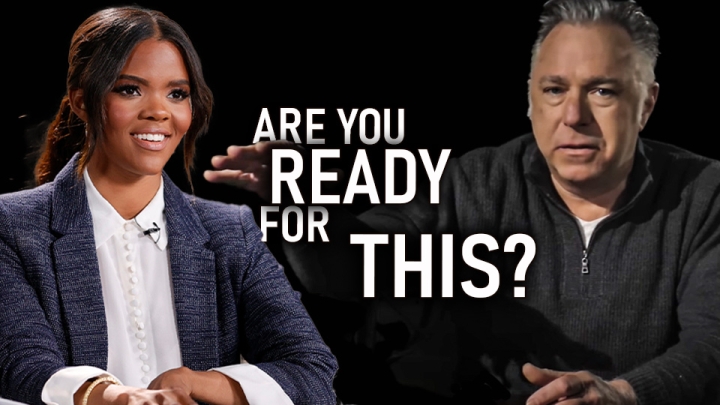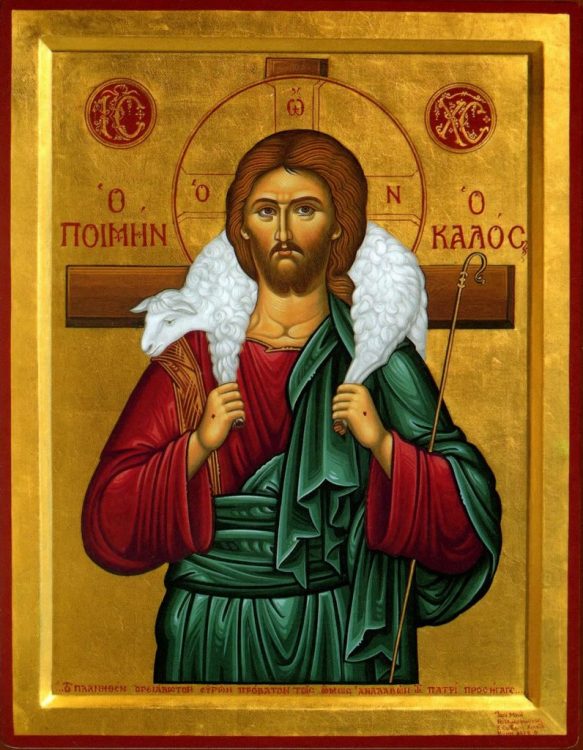The Cardinal Who Rebuked the Pope

The Seven Deadly Sins: Greed
February 23, 2018
Abandoned by the U.S., Syrian Christians and Kurds Seek Help from Pro-Iran Militias
February 23, 2018
Cardinal O’Malley and Pope Francis (Getty)
By Michael Davis, Catholic Herald, 22 Feb 2018
Pope Francis is famously stubborn in the face of disagreement, especially when it comes from his own bishops. For more than a year he has refused to answer the four “dubia bishops” (two of whom have since died) who requested that he confirm the orthodoxy of certain passages of Amoris Laetitia that some theologians said were out of synch with Church teaching.
Nor was the Holy Father swayed by the warnings of the Chilean bishops’ conference when he appointed Bishop Juan Barros to the Diocese of Osorno in 2015. Chilean bishops suspected Barros of complicity in the sexual assaults perpetrated by Fr Fernando Karadima (Barros denies the allegations). When confronted by journalists, Francis accused the victims of “calumny”.
But the intervention of one man changed the Pope’s course on the Barros affair: Cardinal Seán O’Malley, the Archbishop of Boston. In a statement, O’Malley said that the Pope’s words “were a source of great pain for survivors of sexual abuse by clergy or any other perpetrator”, and that they “abandon those who have suffered reprehensible criminal violations of their human dignity and relegate survivors to discredited exile”.
Francis quickly backtracked. “I apologise to them if I hurt them without realising it, but it was a wound that I inflicted without meaning to,” he told journalists on his flight back to Rome. The Vatican then announced that it was appointing Archbishop Charles Scicluna, arguably the Church’s sharpest abuse investigator, to scrutinise the claims against Barros.
Shortly thereafter, one of Barros’s accusers said that O’Malley had hand-delivered his appeal to the Holy Father years earlier. Neither the Vatican nor the Archdiocese of Boston commented on the claim. Nevertheless, O’Malley’s reputation as an unflinching advocate for abuse victims continued to grow. It is a reputation he has earned over two gruelling decades fighting to purify the scandal-ridden Church in the United States.
O’Malley began his career as a fixer in the early 1990s and late 2000s, as Bishop of Fall River in Massachusetts. These were perhaps the darkest days in the history of the Church in that state. The Boston Globe began its damning “Spotlight” investigation into paedophile clerics. Dozens of priests were prosecuted following its reports. Hundreds of victims, whose pleas had been ignored by diocesan officials, finally found their voice. And, almost overnight, the people of Massachusetts turned against the Church.
Yet even the Globe saw promise in the reformer now leading Fall River. A warm but soft-spoken Capuchin, he nonetheless doggedly pursued the child molesters in his diocese.
Before O’Malley stepped in, many dioceses treated paedophilia as a matter of internal discipline. When allegations arose, diocesan officials and lawyers would meet attorneys representing the victims. They were offered a relatively small cash settlement and a promise that the priest would be retired. It was the best that many victims could hope for: predatory clergy usually target children from lower-income families.
In Massachusetts, which is around 45 per cent Catholic, police and prosecutors were also reluctant to take legal action against the diocese. If they were not religious themselves, they certainly had a devout parent or grandparent whom they would not wish to disappoint by “going after the Church”.
The old guard claimed they were doing what they could to save the Church from scandal. To have these paedophile priests arrested and prosecuted would shake the faith of the laity. And there was always plenty of scandal to go around when O’Malley took over a diocese. He ordered his officials to cooperate with law enforcement. All claims of impropriety are now investigated thoroughly and O’Malley regularly meets with victims.
In the end, O’Malley settled more than 100 cases of clerical abuse in Fall River. The Vatican then dispatched him to clean up Palm Beach in Florida in 2002. Even the lawyer who represented several victims in the diocese was quick with praise. “I think the world of Cardinal O’Malley,” attorney Rodrick MacLeish told the Globe as part of their glowing send-off. “He’s an incredibly compassionate human being, very humble, extremely modest. It’s a terrible loss for Fall River.”
Palm Beach was an even more difficult assignment. O’Malley’s two predecessors were both forced to resign after admitting that they had molested children. But he once again drove the predators out of hiding. His reputation as a fixer now firmly cemented, he was sent back to Boston in 2003.
O’Malley faced a daunting task as the successor of Cardinal Law, whom many blame for systematically covering up clerical sex abuse in the fourth-largest diocese in the country. According to the Globe, roughly 10 per cent of the clergy who served under Law abused children.
Boston priests interviewed for this article all made a point of mentioning how devastated O’Malley is by each new revelation. “He feels very personally the pain of the victims,” one remarked. “I wasn’t sure he was going to make it. Anyone else would have walked away.”
……
The scandal was, ultimately, cleansing. The archdiocese is slowly earning back the trust of the laity. O’Malley has been indispensable on this front. Unlike the charismatic Law, O’Malley is shy. That is the ideal personality type for a diocese disillusioned with powerful churches and politician-bishops. “He’ll be the first one to show up to functions, and the last one to leave,” said another priest. “He stands there talking to the same old lady for an hour if she has something to say to him.”
For his diligence – not only in rooting out predators and their enablers, but also in repairing ties to the community – O’Malley was made a cardinal in 2006. Then, in 2014, Francis chose O’Malley to lead the new Pontifical Commission for the Protection of Minors. (Last Saturday, the Pope reappointed him as president for another term – a signal that he retains Francis’s confidence.)
Despite O’Malley’s outstanding track record on abuse, it was surprising that he should have taken such a strong stand against the Pope who has consistently supported him. Indeed, some of O’Malley’s critics have accused him of grandstanding in anticipation of the next papal election.
It is true that O’Malley was seen as papabile by many Vatican-watchers at the 2013 conclave. At least five Italian papers named him as a top contender. Given the secrecy surrounding conclaves, it’s impossible to know how many votes O’Malley received. Italian media accounts have indicated he was some way behind the three frontrunners: Cardinal Jorge Mario Bergoglio, Cardinal Angelo Scola and Cardinal Marc Ouellet. Commentators have suggested that, in the conclave’s later stages, O’Malley persuaded other American cardinals to back Cardinal Bergoglio.
What pushed O’Malley to criticise Pope Francis publicly over the Barros case? Sources in Boston say the cardinal was “deeply frustrated” with Francis’s handling of the affair. And he has long felt that his Pontifical Commission “lacked the teeth to pursue predators on their own”. The only recourse he saw left was to speak out.
So it is unlikely that O’Malley was manoeuvring in anticipation of the next conclave. But for an already papabile cardinal to take a principled stand against the Vatican over such a painful issue will only cement his position as a leading advocate for victims of predatory priests.
……
O’Malley is extremely tactful when it comes to the conservative-liberal divide within the Church. “Boston is a very secular part of the country,” one priest noted, adding that the cardinal “has a lot of traditional sensibilities”. Another priest concurred: “He’s not in favour of watering down moral law.” Yet he has avoided being drawn into the controversy over Amoris Laetitia. O’Malley also supposedly recites the secretoprayers – parts of the Mass the priest says silently to himself – in Latin. He is multi-lingual and internet-savvy (he became the world’s first blogging cardinal in 2006).
Instead of forcing his agenda onto the disillusioned, progressive laity, O’Malley uses subtler methods. “He’s unusually far-sighted,” said one priest. O’Malley is very attentive to St John’s Seminary in Boston, for instance, and ensures it keeps a “solid” – that is, orthodox – faculty. O’Malley’s influence will be felt for generations, but without making more progressive pastors feel isolated or attacked.
There is no denying the deep (some say permanent) divisions in the Church today, particularly over Communion for the divorced and remarried. In the event of a stand-off between conservatives and liberals in the next conclave, O’Malley would be an obvious compromise candidate.
Meanwhile, the Holy Father’s clumsy response to the Barros affair has galvanised his critics, while leaving his admirers scandalised and his apologists dumbstruck. What the Church will need is a fixer. Who better for the job, many are thinking, than O’Malley?
Michael Davis is the Catholic Herald’s US editor
This article first appeared in the February 23rd 2018 issue of the Catholic Herald. To read the magazine in full, from anywhere in the world, gohere




